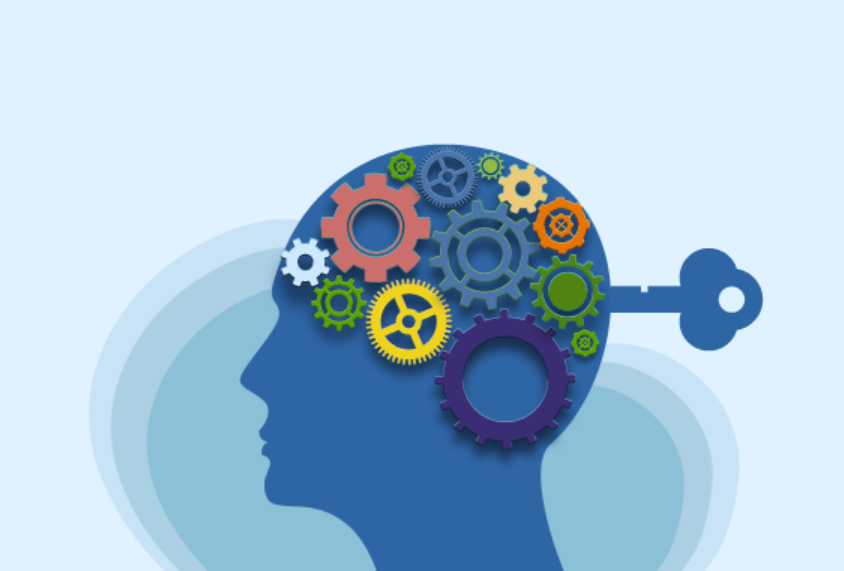- Posted on

Emotional regulation is the process of effectively managing and responding to our emotions in a way that promotes mental well-being and healthy relationships. It plays a crucial role in navigating life’s challenges and maintaining emotional balance. Together, we will explore the importance of emotional regulation, practical strategies for mastering it in everyday life and common behaviours that may arise when emotions are not regulated effectively.
Understanding emotional regulation: Emotional regulation involves the ability to recognise, understand and manage our emotions in a constructive manner. It encompasses various skills, including identifying emotions, expressing them appropriately and regulating their intensity and duration. Effective emotional regulation allows us to cope with stress, navigate interpersonal interactions and make thoughtful decisions even in the face of adversity.
Practical strategies for emotional regulation:
- Mindfulness and self-awareness: Practise mindfulness techniques such as deep breathing, meditation or body scans to increase self-awareness and observe your emotions without judgement.
- Emotion labelling: Labelling emotions can help make them feel more manageable. Try naming the emotion you’re experiencing—whether it is anger, sadness or anxiety—to gain clarity and perspective on how to address it.
- Cognitive restructuring: Challenge negative thoughts and beliefs that contribute to emotional distress. Replace them with more balanced and rational perspectives to shift your emotional state.
- Healthy coping mechanisms: Engage in activities that help regulate your emotions in a positive way, such as exercise, creative expression, spending time in nature or connecting with supportive friends and family members.

Common behaviours resulting from unregulated emotions:
- Projection: Projection occurs when we attribute our own undesirable thoughts, feelings or qualities to others. For example, someone who struggles with feelings of inadequacy may project their insecurities onto a coworker by assuming they are incompetent.
- Displacement: Displacement involves redirecting uncomfortable emotions onto a safer or more accessible target. For instance, a person who is angry with their boss may come home and take out their frustration on their partner or children.
- Regression: Regression refers to reverting to a less mature or adaptive coping mechanism in response to stress or emotional overwhelm. This may involve behaviours such as temper tantrums, sulking or seeking excessive reassurance from others.

Cultivating emotional intelligence: Developing emotional intelligence—the ability to recognise, understand and manage emotions, both in oneself and others—is key to effective emotional regulation. By honing skills such as empathy, self-control and social awareness, individuals can navigate interpersonal dynamics more skilfully and build healthier relationships.
Mastering emotional regulation is essential for promoting mental health and well-being in everyday life. By practising mindfulness, cognitive restructuring and healthy coping mechanisms, individuals can learn to recognise and manage their emotions more effectively. Additionally, understanding common behaviours that arise when emotions are unregulated—such as projection, displacement and regression—can provide insight into our own emotional patterns and help us cultivate greater self-awareness and resilience. Remember, emotional regulation is a skill that can be developed with practice and patience, leading to greater emotional balance and fulfilment in life.



